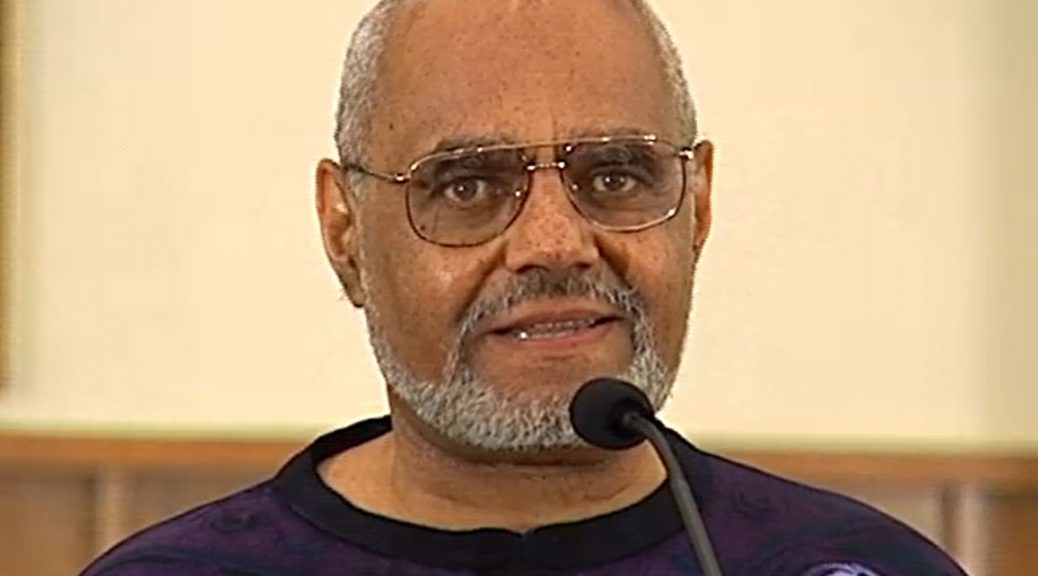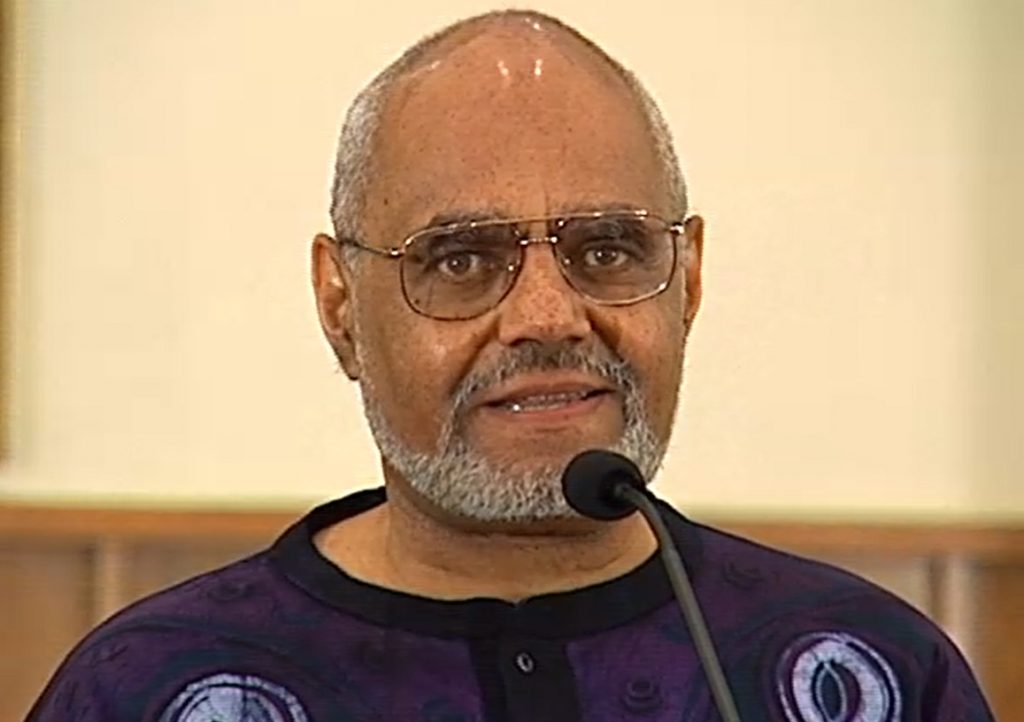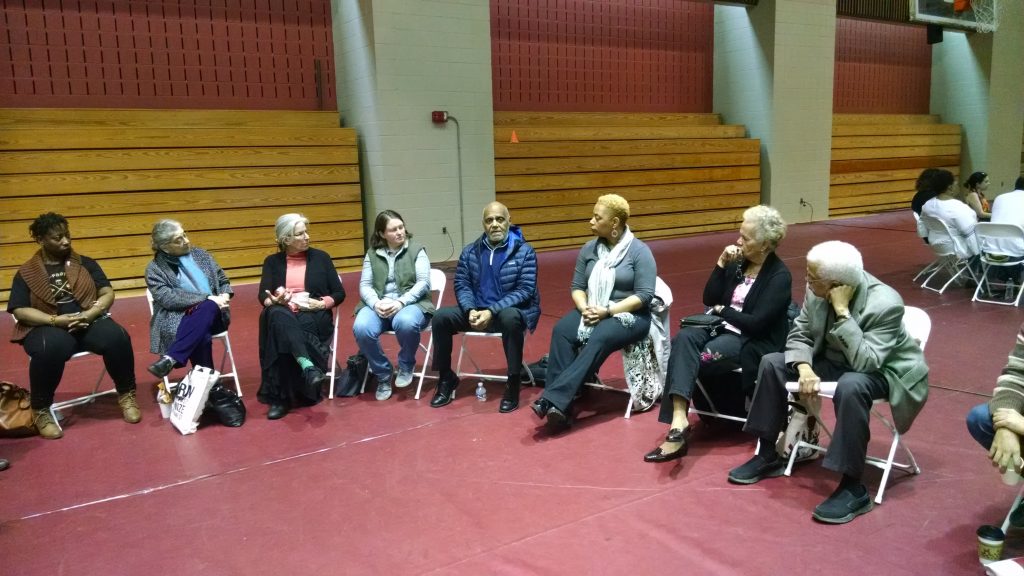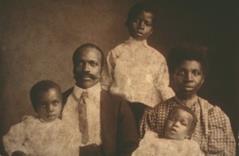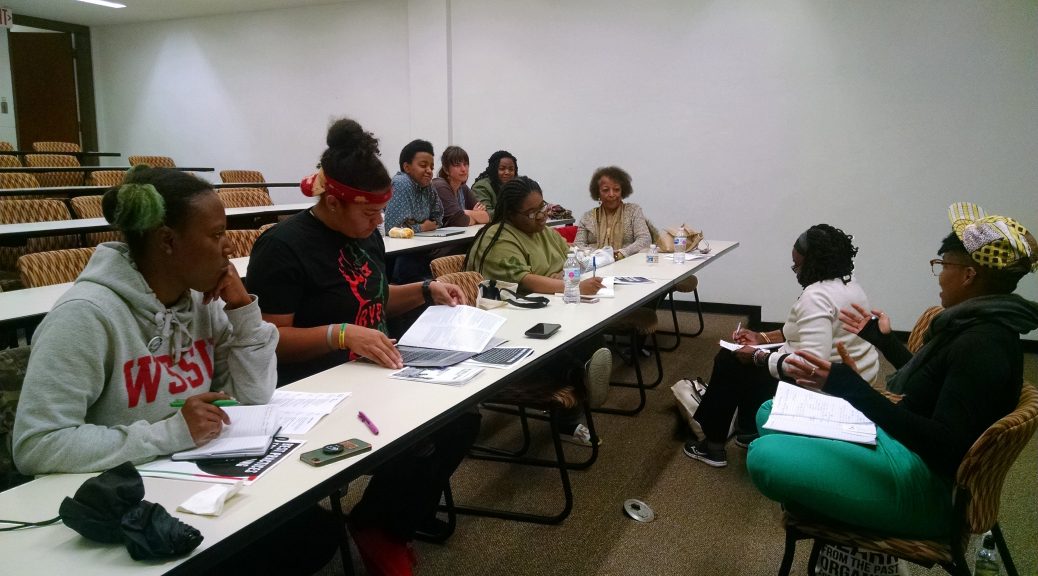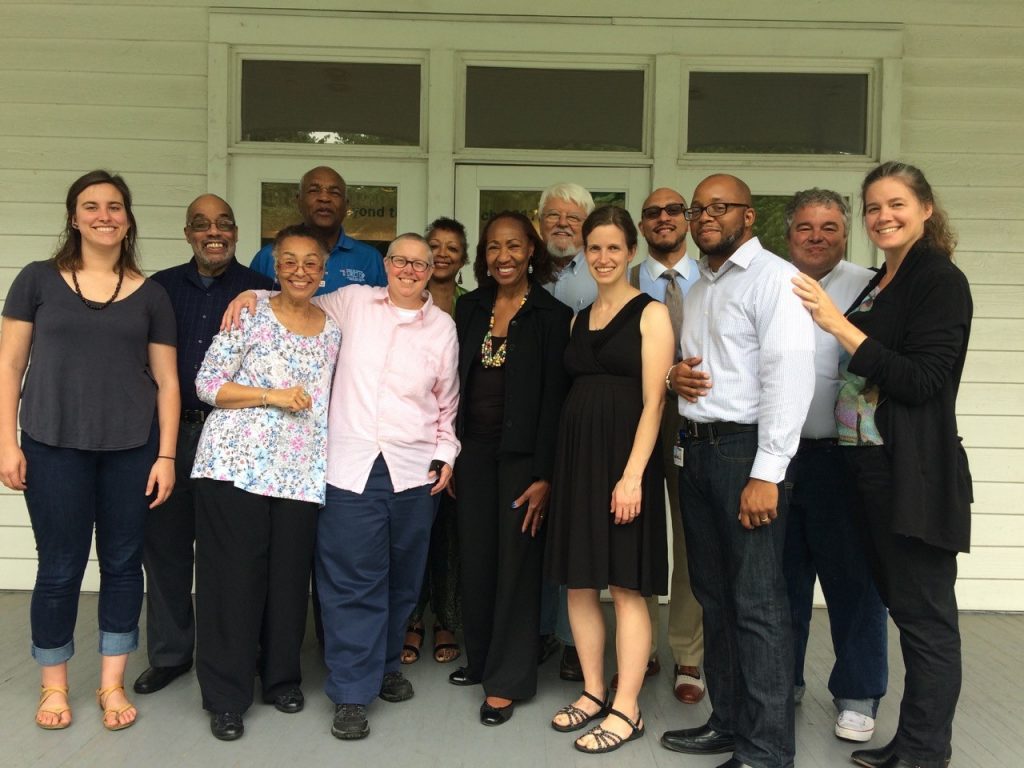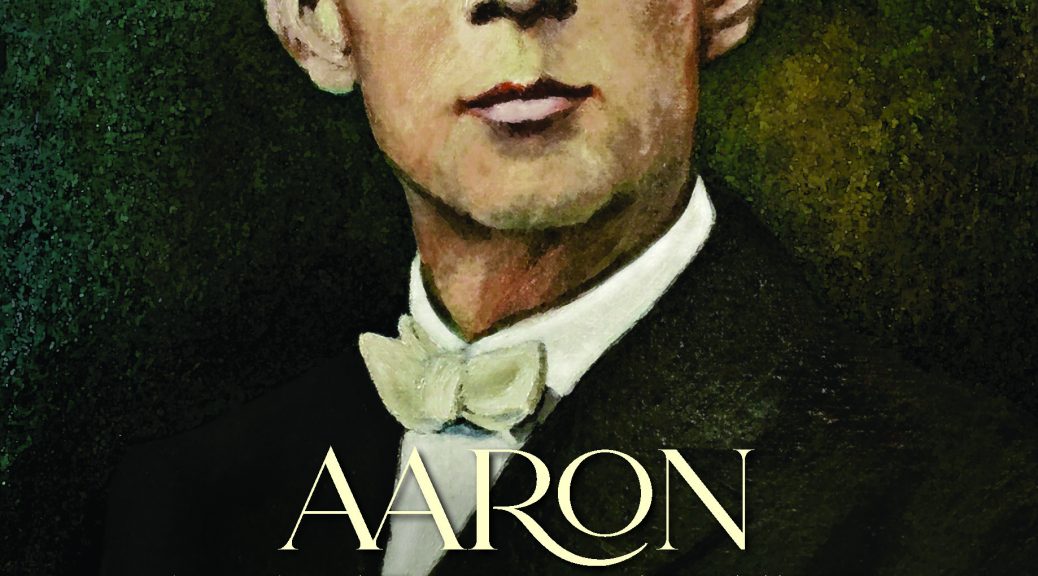Post submitted by Taelore Marsh, Behind the Veil Processing Intern, Franklin Research Center
Over the course of the past nine months, I had to pleasure of being added to the Documenting African American Life in the Jim Crow South: Digital Access to the Behind the Veil Project Archive project team as a processing intern. The project is a three-year grant funded by the National Endowment for the Humanities. Tasked with working on the Behind the Veil oral histories to re-process, digitize and publish a digital collection in the Duke Digital Repository.
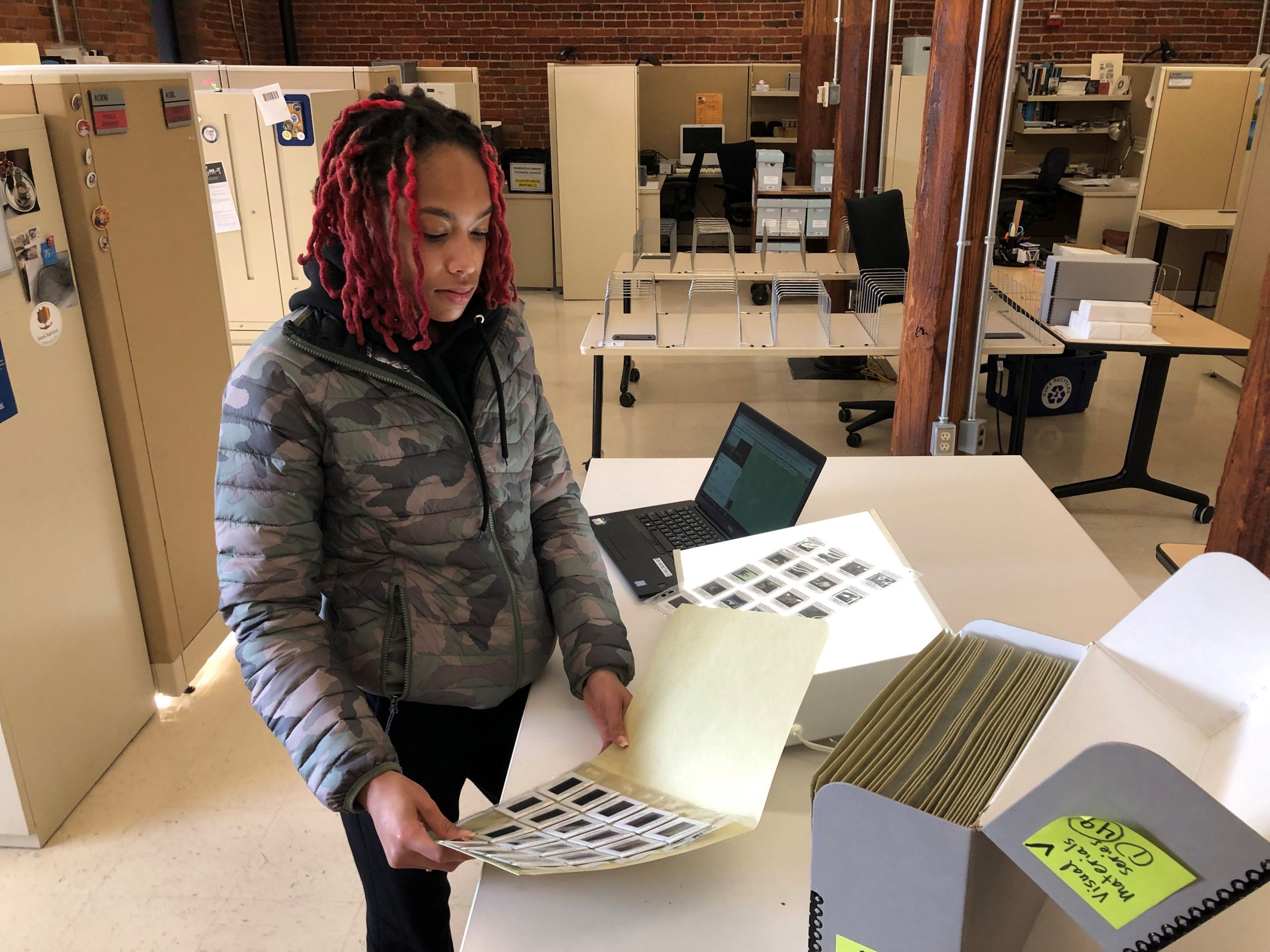
The Behind the Veil collection has immense research value for historians and lay researchers who want to know about the lived experience of African Americans during the period of Jim Crow segregation. This collection of rich, personal narratives adds nuance to the long freedom struggle by broadening the localized perspectives from varying cities offering insight into Black communities beyond normative civil rights narratives. That allows listeners to gather a new perspective of the movement and leaders.
As the processing intern, I have had the pleasure of going through the Behind the Veil photograph, A/V, and administrative project files. Simply going through the records of each interview offers insight into the person’s life and the effects of Jim Crow. I noticed that although the interviews were collected in the 1990s, many interviewees were still fearful of retaliation for speaking about their experiences from the early to mid-twentieth century. The records also show that the narrative of Black life portrayed in textbooks and movies as subservient and second-class citizens are not necessarily actual lived experiences. Many of the interviewees were well-educated, owned businesses, and community leaders.

Looking at the records of each interview also expands the discourse of different facets of the long struggle for freedom. For example, they capture complex layers of the Great Migration, revealing how passing –Black people who assimilated into whiteness –affected the nuclear family. Additionally, the records expand our knowledge on Black Wall Streets’ throughout the United States and highlight the dilemma of integration v. desegregation v. equalization. Perhaps most importantly, Behind the Veil exudes the need for a localized approach to history and how everyday people make a change, and why the project in its entirety should be available to the public.
The process of collecting oral histories is not an easy task. Still, as a historian, I get the pleasure of using my sneak peek to draw new connections for my research while thinking of the new connections future scholars will uncover.












